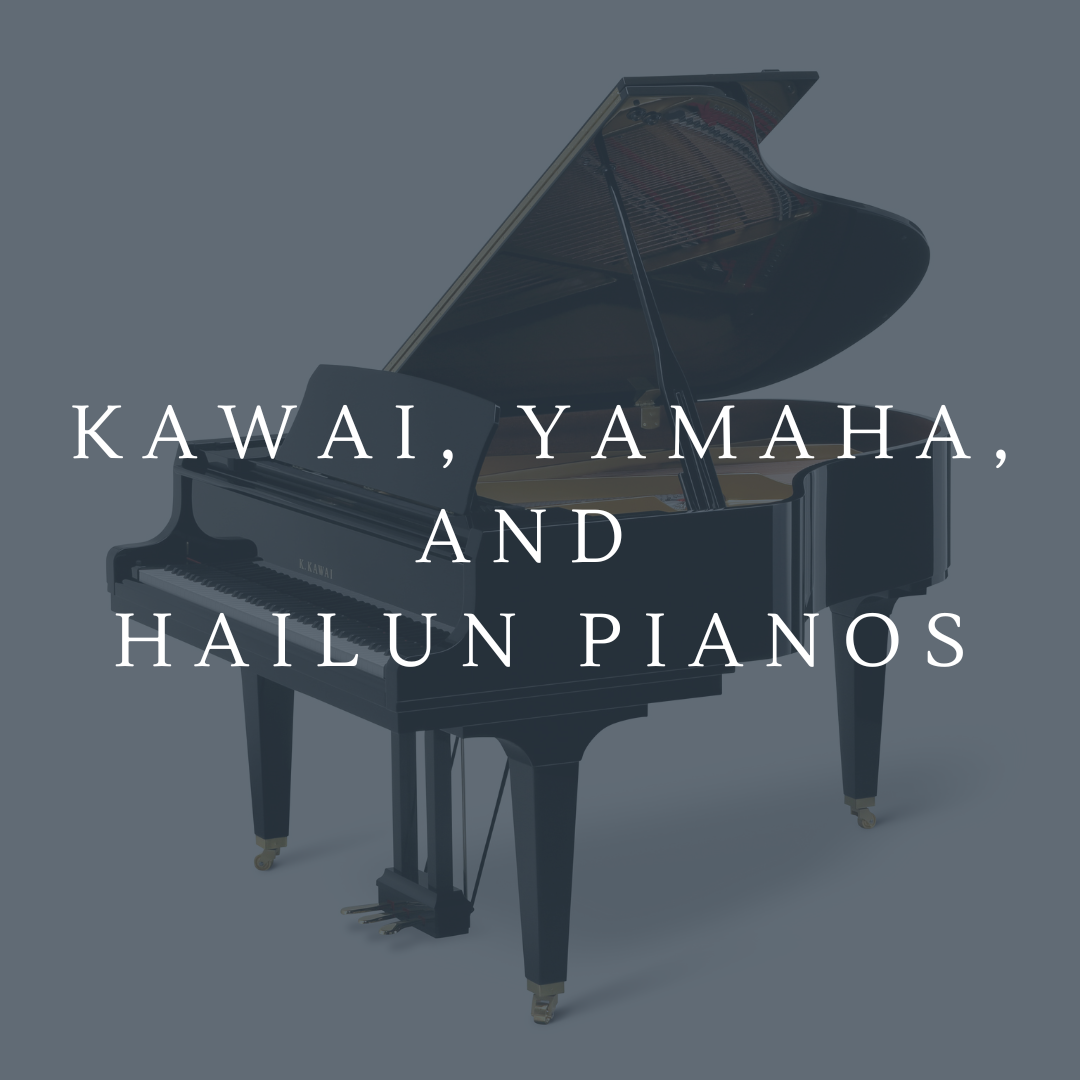
Let’s explore the fascinating world of Kawai, Yamaha, and Hailun pianos. Each brand has its unique characteristics, and understanding them can help you make an informed choice.
Kawai, a Japanese brand, is renowned for its craftsmanship and attention to detail. Here are some key features:
Yamaha, another Japanese giant, has a long history in piano manufacturing. Consider these aspects:
Hailun, a newer player in the market, has gained popularity as a contender to Kawai & Yamaha. Here’s what you should know:
Ultimately, the best choice depends on your personal preferences, budget, and the specific piano you try. Visit us today and let your ears guide you!

For many pianists—beginner, intermediate or advanced—the holiday season brings a mix of joy and pressure: guests come, schedules shift, practice time can drop. But with a little intentionality, you can use this period as a springboard rather than a pitfall.

When it comes to selecting, caring for, or upgrading a piano, brand heritage and construction quality play a huge role. Here we take a look at two major names in the field: Yamaha and Hailun.

There’s a subtle shift that happens in homes as we move from the rich tones of autumn into the sparkle of December. Your piano space doesn’t have to stay static—it can evolve with the season.